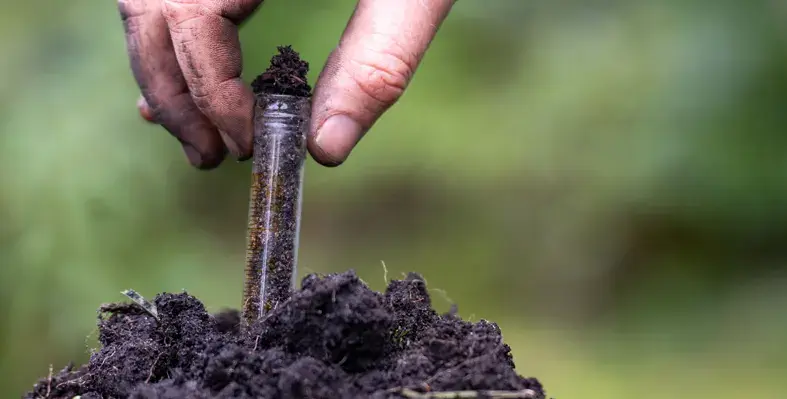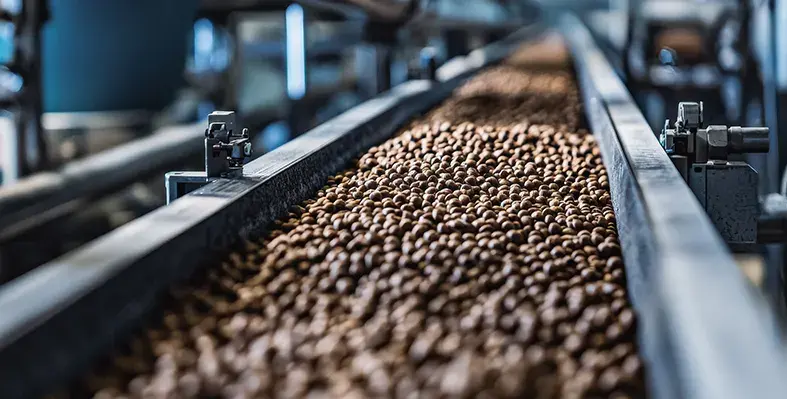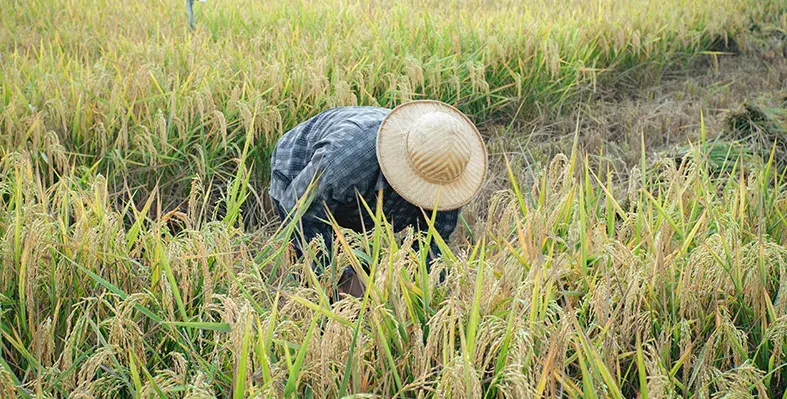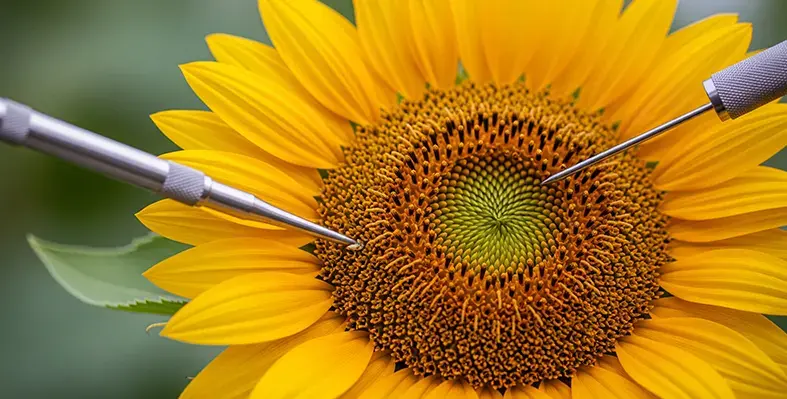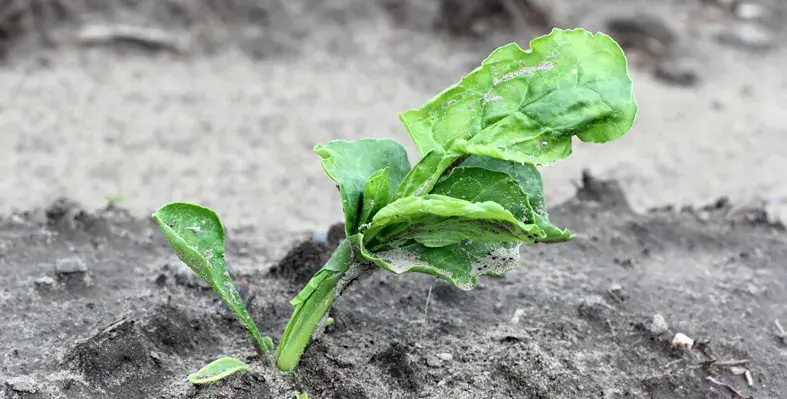
As per the reports, 98.5 percent of cropland across the territory is now either damaged or inaccessible.
A new satellite-based analysis by the Food and Agriculture Organization of the United Nations (FAO) and the United Nations Satellite Centre (UNOSAT) has revealed an alarming collapse of agricultural capacity in the Gaza Strip.
According to the report, 98.5 percent of cropland across the territory is now either damaged, inaccessible, or both—leaving just 1.5 percent, or 232 hectares, available for cultivation. This marks a drastic drop from April 2025, when 4.6 percent of land (688 hectares) was cultivable.
With Gaza’s population exceeding two million, the sharp decline in cropland availability presents a dire picture of food insecurity. Satellite data also shows that 12.4 percent of farmland, though physically intact, cannot be accessed due to restrictions and designated “no-go” zones, limiting the ability of farmers to restart local food production.
This dramatic reduction is not just the result of conflict-related destruction, but also the wider collapse of essential farming infrastructure. Irrigation systems, farm equipment, roads, storage facilities, and market access have been either destroyed or rendered non-operational. The ongoing conflict, coupled with severe restrictions on humanitarian aid and movement, has made conditions nearly impossible for any form of agricultural recovery without urgent external intervention.
Rein Paulsen, director of FAO's emergencies and resilience said,“To prevent further suffering, we need to prioritize urgent humanitarian access and invest in restoring Gaza’s local agrifood production systems, markets, and infrastructure. This includes both regaining safe access to farmland and rehabilitating land and assets damaged by the conflict.”
This assessment follows the recent alert from the Integrated Food Security Phase Classification (IPC), issued on July 29, warning that the worst-case famine scenario is currently underway in Gaza. The situation is deteriorating rapidly. Data shows that 39 percent of the population are now going days without any food, while over 500,000 people – nearly a quarter of Gaza's residents – are facing famine-like conditions. The remainder of the population is also experiencing acute food insecurity, with many at emergency levels of hunger.
In light of the worsening crisis, FAO, WFP, and UNICEF are calling for an immediate and sustained ceasefire to halt the violence, enable the safe release of hostages, and allow life-saving humanitarian aid to reach all areas of Gaza. They stress the need for unhindered access through all available crossings, the revival of commercial supply chains to restock local markets, and the urgent protection of civilians and aid workers. Rebuilding health, water, and sewage infrastructure is also critical. Long-term stability will rely on investment in local food systems, revitalising bakeries, markets, and farming activities to support Gaza’s recovery.



